disease (n)
/dɪˈziz/
căn bệnh, bệnh tật
an illness affecting humans, animals, or plants, often caused by infection

forensic (a)
/fəˈrɛnzɪk/
(thuộc) pháp y
connected with the scientific tests used by the police when trying to solve a crime

persist (v)
/pərˈsɪst/
kiên trì, khăng khăng
to continue to do something despite difficulties or opposition, in a way that can seem unreasonable

prognosis (n)
/prɑɡˈnoʊ·sɪs/
tiên lượng bệnh
a doctor’s judgment of the likely or expected development of a disease, or a statement of what the likely future situation is
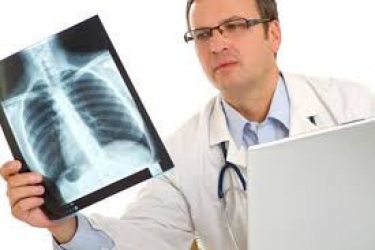
wound (n)
/wuːnd/
vết thương
a damaged area of the body, such as a cut or hole in the skin or flesh made by a weapon
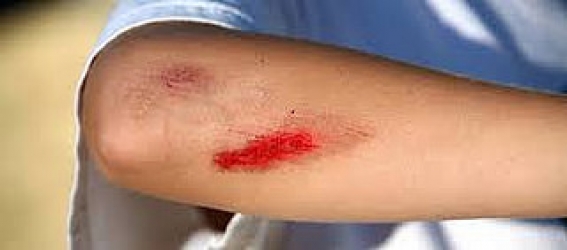
detective (n)
/dɪˈtek·tɪv/
thám tử trinh thám
a police officer whose job is to discover information about crimes and find out who is responsible for them

autopsy (n)
/ˈɔˌtɑp·si/
sự khám nghiệm tử thi
the act of cutting open and examining a dead body in order to discover the cause of death
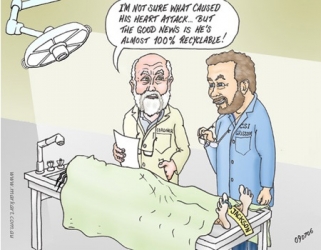
poison (n)
/ˈpɔɪ.zən/
thuốc độc, chất độc
a substance that can make people or animals ill or kill them if they eat or drink it

investigator (n)
/ɪnˈves·tɪˌɡeɪ·t̬ər/
thanh tra
a person who examines a situation such as an accident or a crime to find out the truth
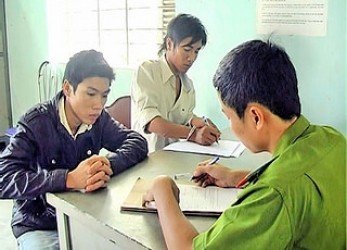









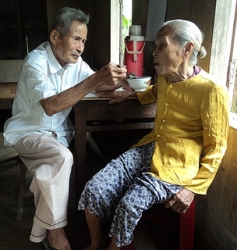
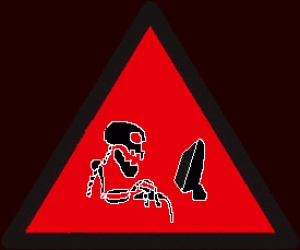

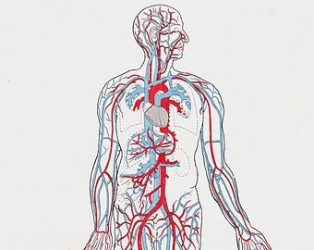






















 Hãy đăng ký thành viên và đăng nhập để sử dụng chức năng này!
Hãy đăng ký thành viên và đăng nhập để sử dụng chức năng này!
Bình luận